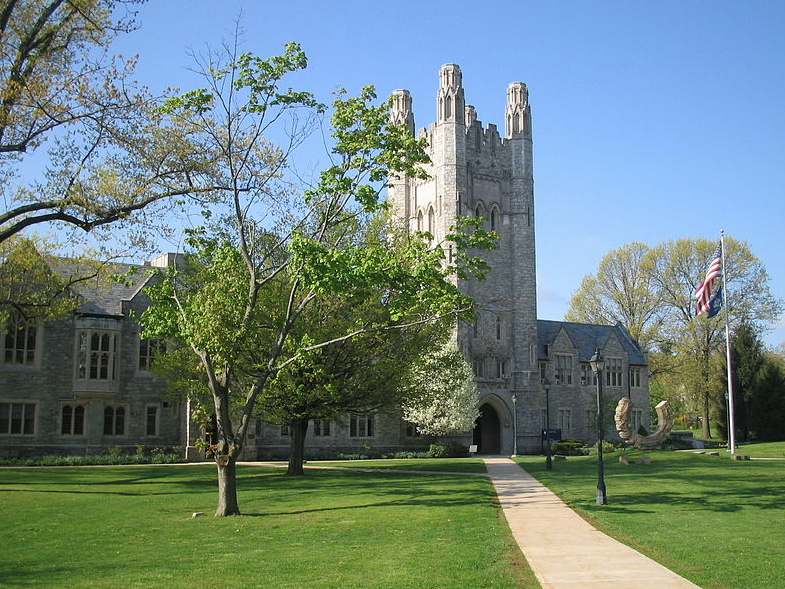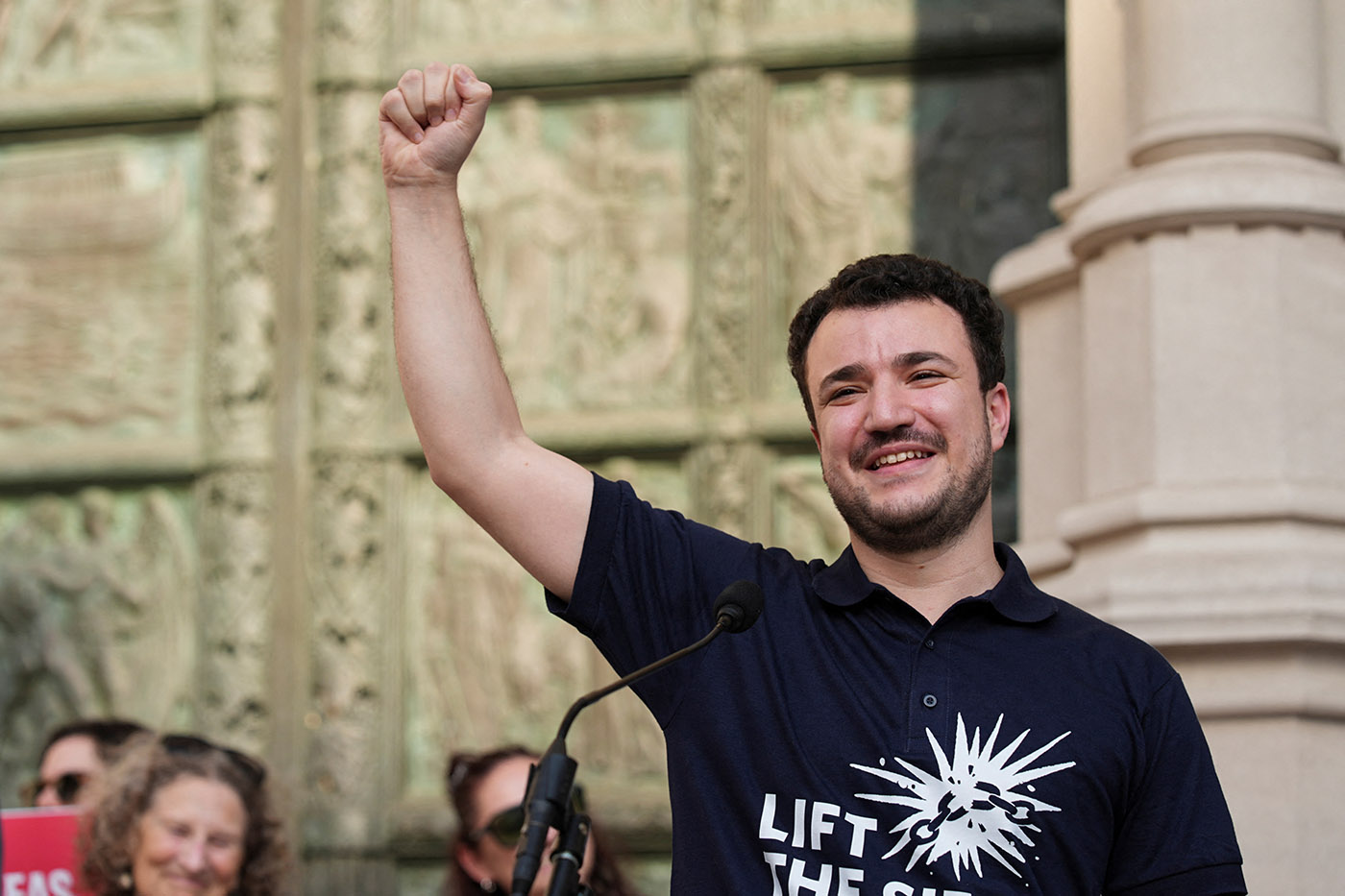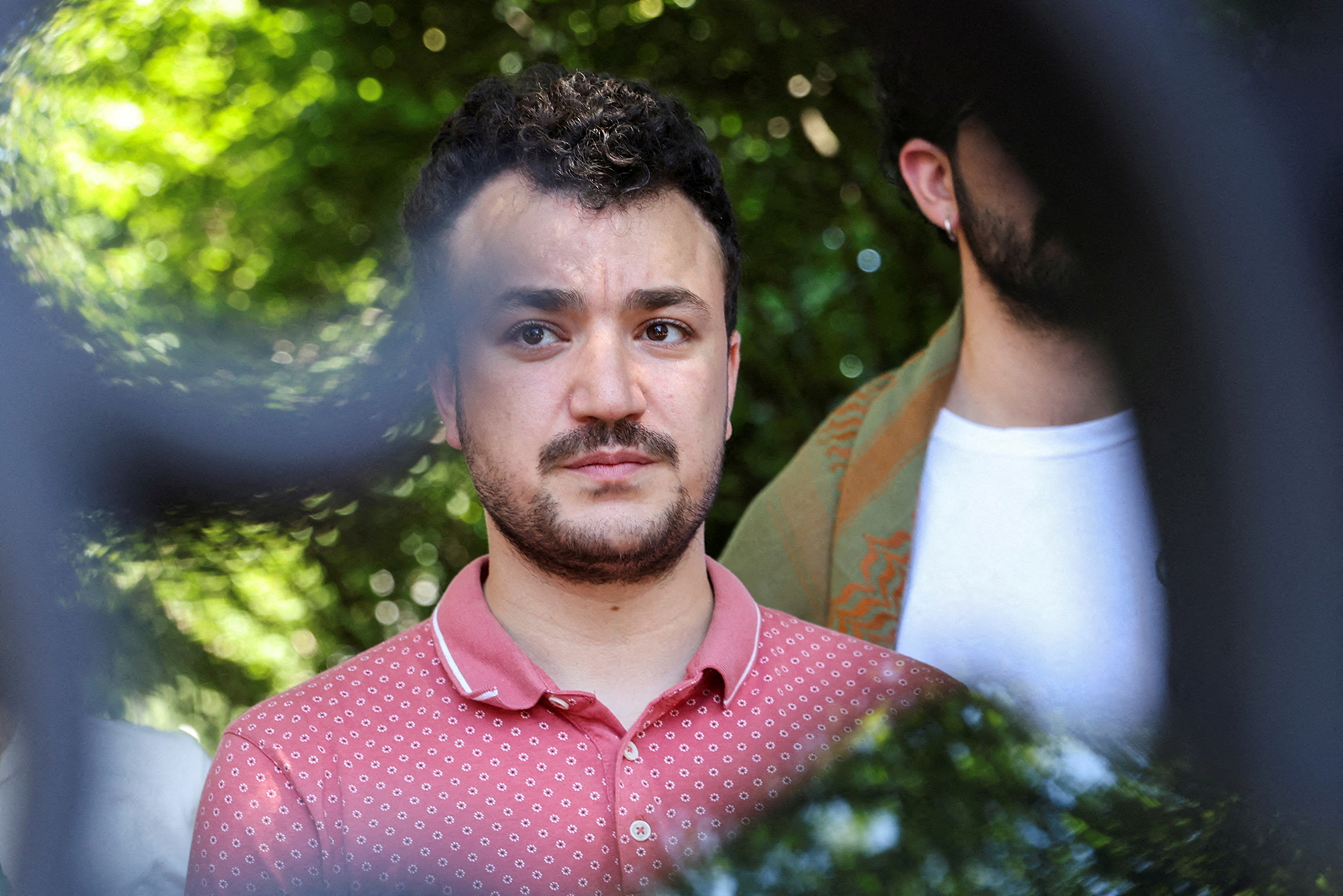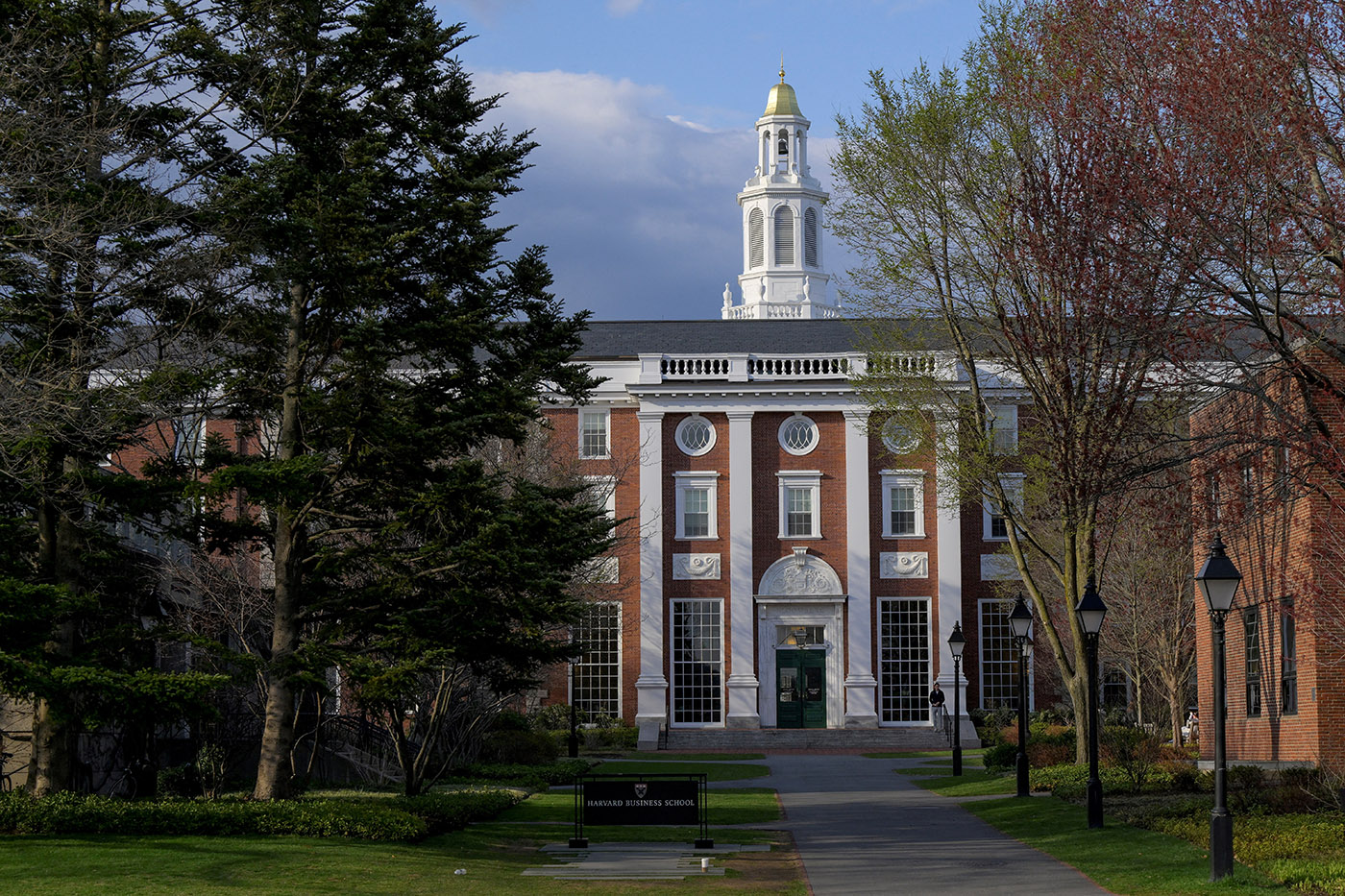Two students at the University of Connecticut (UConn), Ryan Mucaj and Jarred Karal, are suing the university over the school’s Disruptive Behavior policy, which the students say was used to punish them for constitutionally protected speech.
See previous story: Police Arrest Two Students at the University of Connecticut for Using a Racial Slur
Filed in the United States District Court for the District of Connecticut, the complaint reads, “The Disruptive Behavior policy, as implemented and as written, is a de facto prior restraint, affording university officials essentially freewheeling and standardless discretion over speech as to content and viewpoint, as officials deem what speech falls within the policy and is impermissible. Such a prior restraint violates the freedom of speech.”
As a public university, UConn is an extension of the government and consequently bound by the First Amendment.
The lawsuit centers on the school’s investigation of Mucaj and Karal, who were arrested in October 2019, following a video that showed them shouting the n-word on campus. Neither Mucaj nor Karal directed the epithet toward anybody in particular, but uttered it out loud as part of a juvenile game that tested the other’s willingness to shout obscenities.
In November, the students were found to have violated the school’s Disruptive Behavior policy, and were told they could no longer live in student dorms.
The policy describes disruptive behavior ”as participating in or inciting others to participate in the disruption or obstruction of any University activity, including, but not limited to: teaching, research, events, administration, student conduct proceedings, the living/learning environment, or other University activities, on or off-campus; or of other non-University activities when the conduct occurs on University premises; or of the living environment, on or off-campus.”
Mucaj and Karal’s lawyers argue in the complaint that the university failed to show how their client’s speech posed a “true threat”, a category of unprotected speech in which a speaker shows serious intent to harm a particular individual or group.
“At no point in any of the proceedings was either student accused of acting with violence or the imminent threat of violence, or any misconduct even remotely approaching such,” the complaint says.
The complaint also points out that the university’s actions violate a 1990 federal court consent order, which the university was forced to sign after punishing a student for an offensive poster. The order required the university to amend official policies that could be used to infringe on student’s speech rights.
Mucaj and Karal are asking for the court to grant injunctive and declaratory relief, compensatory and punitive damages, as well as reasonable attorneys’ fees. NBC Connecticut contacted the university, but a UConn spokesperson said the school does not comment on pending litigation.
Tags



